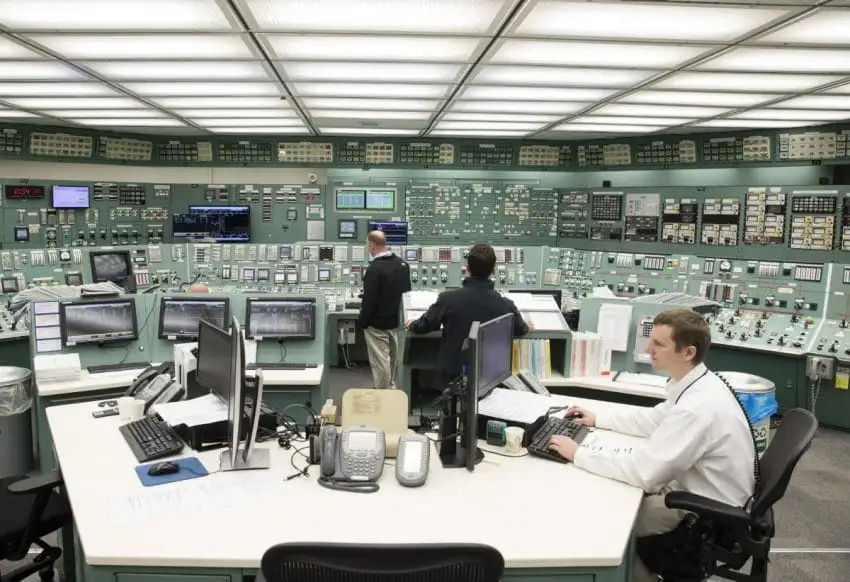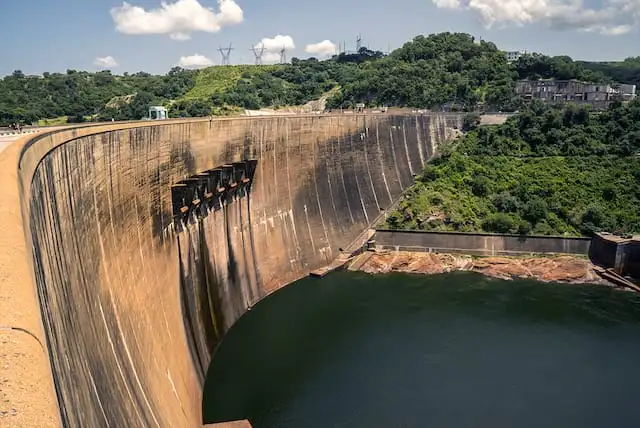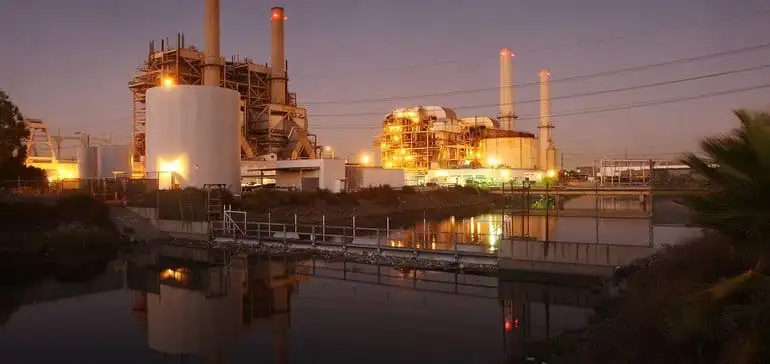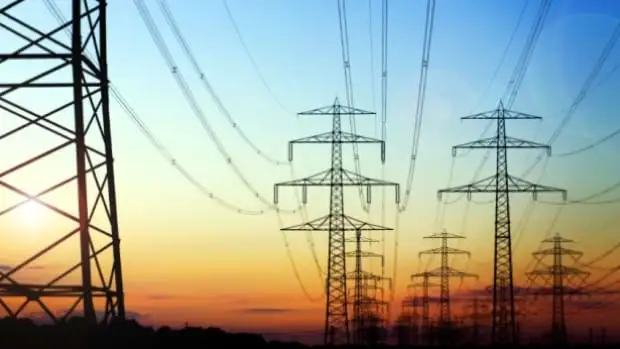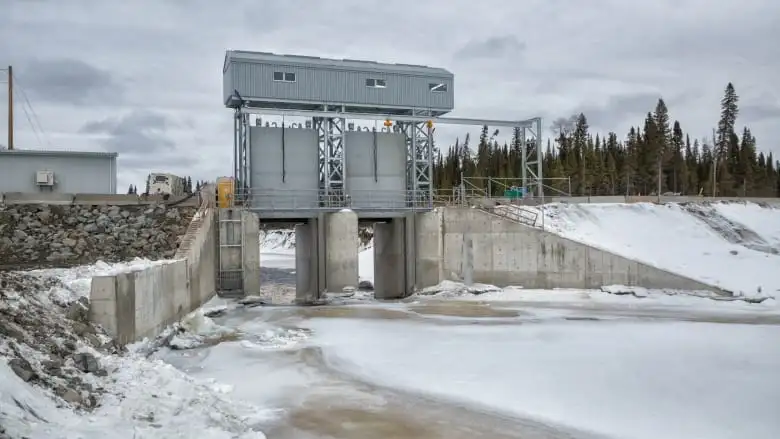Turning seawater into electricity: NB Power's untested idea for Belledune

Electrical Testing & Commissioning of Power Systems
Our customized live online or in‑person group training can be delivered to your staff at your location.

- Live Online
- 12 hours Instructor-led
- Group Training Available
NB Power Hydrogen-from-Seawater Project explores clean energy R&D with Joi Scientific, targeting zero-emission electricity for Belledune using Bay of Chaleur seawater, hydrogen production, and possible carbon credits within Canada's climate plan.
Key Points
An NB Power R&D initiative with Joi Scientific to produce hydrogen from seawater for zero-emission power at Belledune.
✅ Targets coal phase-out by 2030 at Belledune
✅ Evaluates costs, efficiency, and carbon credits
✅ Seawater-to-hydrogen tech via proprietary R&D
NB Power is betting $7 million on a promising but untested new way to generate electricity without emitting greenhouse gases: turning seawater from the Bay of Chaleur into energy, a marine approach similar to Nova Scotia's Bay of Fundy tidal tests in recent years.
CEO Gaëtan Thomas talked last month about converting the Belledune generating station to hydrogen power by 2030, after coal is phased out, though some argue planning should be led by an independent planning body to ensure long-term oversight.
But the public utility is tight-lipped so far o
"Unfortunately, it is too early in the process to be discussing details of this research and development project," said NB Power spokesperson Marie-Andrée Bolduc.
Joi Scientific's vice-president of marketing, Vicky Harris, said in an email statement that the company is "involved in multiple research projects, in many different sectors, but, as I am sure you would understand, we are not sharing details of our proprietary research and development work at this time."
On its website, the company calls hydrogen "the universe's most abundant element and the world's cleanest source of energy."
In its collaboration with Florida-based Joi Scientific, a start-up headquartered at the Kennedy Space Centre.
What to do with Belledune?
The federal government has set 2030 as the deadline for provinces to phase out coal-powered electricity under its national climate plan, and NB Power has pursued deals to import Quebec power as part of its transition.
NB Power says other options for Belledune include burning natural gas or biomass, and small nuclear reactors have been discussed provincially as well. But those options would still generate some carbon dioxide emissions.
Green Party Leader David Coon said last month that it was "news to me" that hydrogen power could be generated affordably enough to use in a power plant.
University of New Brunswick chemical engineering professor Willy Cook says turning hydrogen into energy is simple, but it's not necessarily cost-effective because the process itself requires a lot of electricity, while Nova Scotia is pursuing more wind and solar to meet its goals.
"You can't get something for nothing," he said. "Using electricity to produce hydrogen to go back to the process to produce electricity--that in itself probably isn't economically viable."
But he said he's not familiar with Joi Scientific's technology and it's possible the company has come up with "a more efficient process."
He also said if NB Power earned carbon credits for reducing emissions, hydrogen technology might become competitive with other energy sources.
"I have faith in the NB Power engineers to come through and do that assessment properly," he said.





